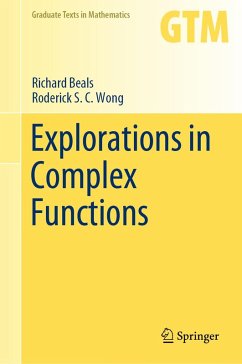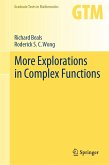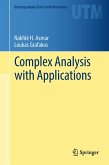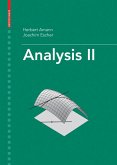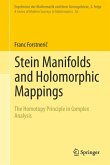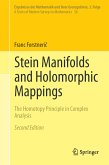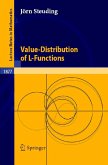Beginning with a review of the main tools of complex analysis, harmonic analysis, and functional analysis, the authors go on to present multiple different, self-contained avenues to proceed. Chapters on linear fractional transformations, harmonic functions, and elliptic functions offer pathways to hyperbolic geometry, automorphic functions, and an intuitive introduction to the Schwarzian derivative. The gamma, beta, and zeta functions lead into L-functions, while a chapter on entire functions opens pathways to the Riemann hypothesis and Nevanlinna theory. Cauchy transforms give rise to Hilbert and Fourier transforms, with an emphasis on the connection to complex analysis. Valuable additional topics include Riemann surfaces, steepest descent, tauberian theorems, and the Wiener-Hopf method.
Showcasing an array of accessible excursions, Explorations in Complex Functions is an ideal companion for graduate students and researchers in analysis and number theory. Instructors will appreciate the many options for constructing a second course in complex analysis that builds on a first course prerequisite; exercises complement the results throughout.
Dieser Download kann aus rechtlichen Gründen nur mit Rechnungsadresse in A, B, BG, CY, CZ, D, DK, EW, E, FIN, F, GR, HR, H, IRL, I, LT, L, LR, M, NL, PL, P, R, S, SLO, SK ausgeliefert werden.

